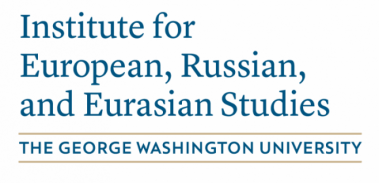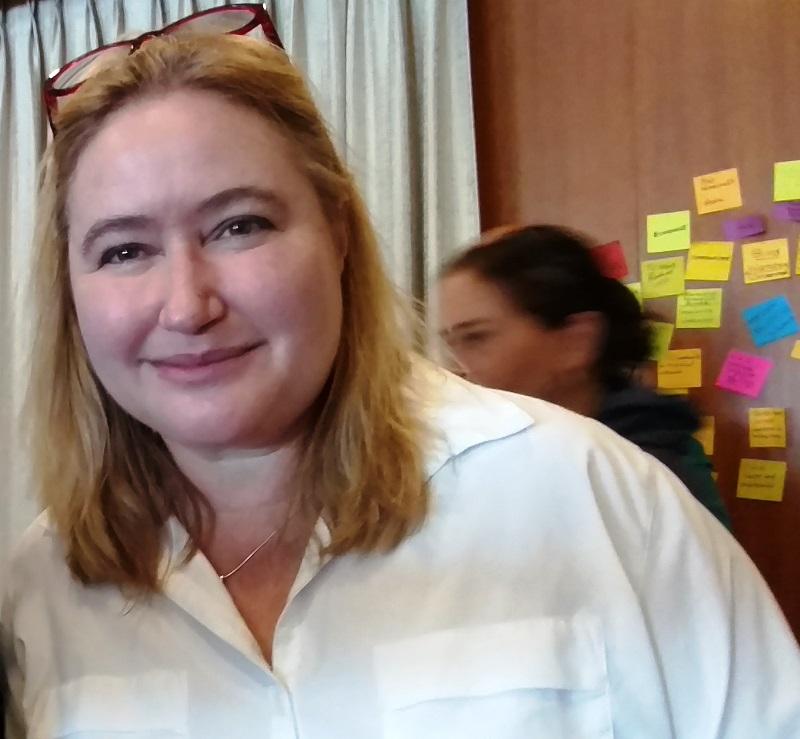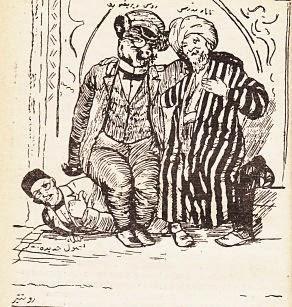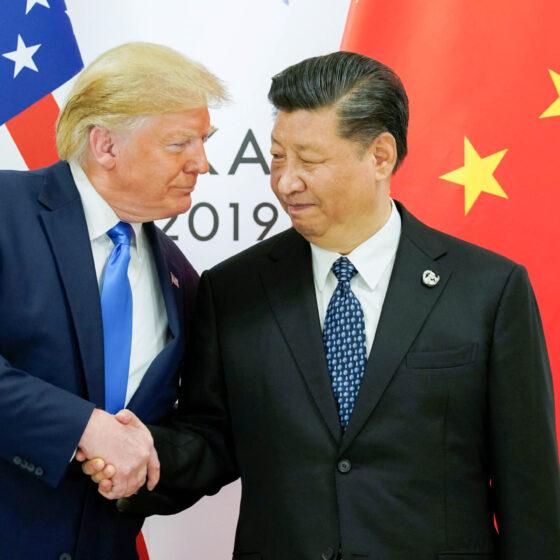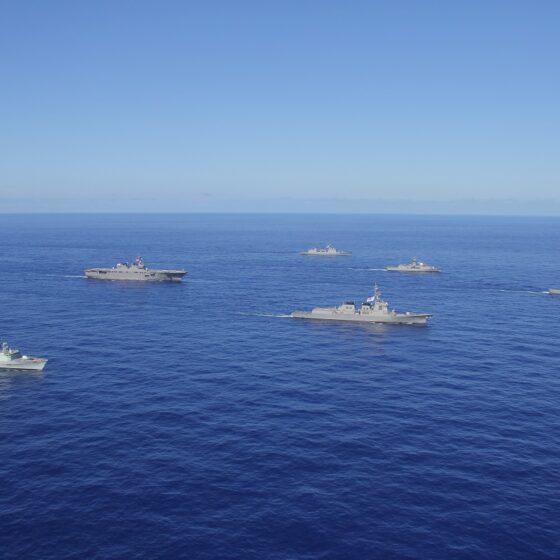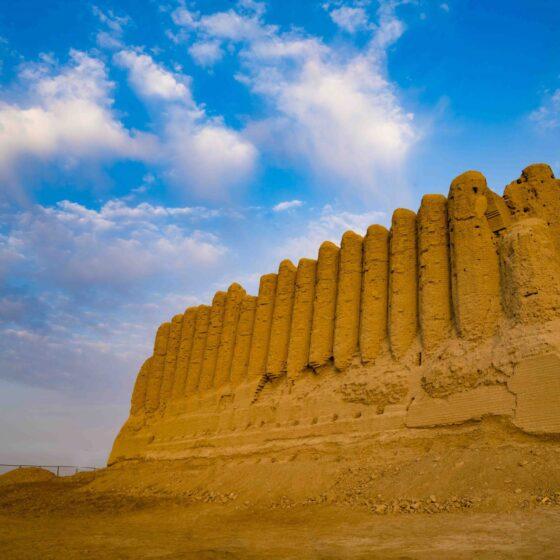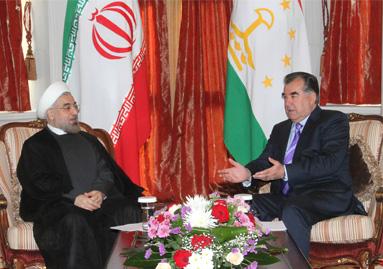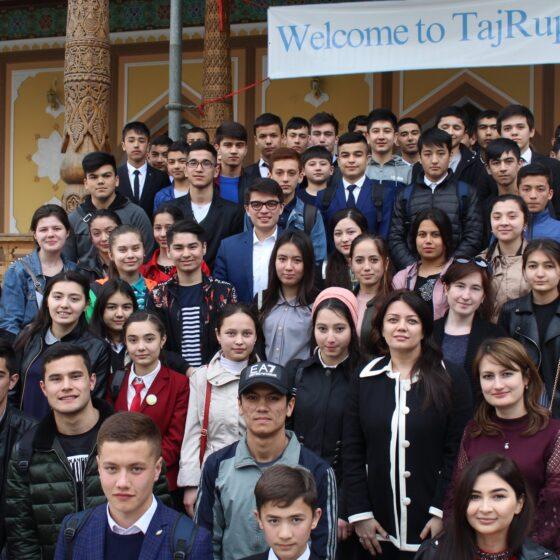
On internet freedom and digital rights the Central Asian Analytical Network had a conversation with a well-known author, researcher and internet freedom advocate Rebecca MacKinnon. Rebecca MacKinnon is a co-founder of the citizen media network Global Voices Online, a member of the Board of Directors of the Committee to Protect Journalists, a founding board member of the Global Network Initiative, and is currently director of the Ranking Digital Rights project at the New America Foundation’s Open Technology Institute. She served as CNN bureau chief in Beijing and Tokyo.
What is the “internet freedom”? What does it include in itself and who and how threats this freedom and limits it?
We want to have rules that people participate at. We don’t want to have a king that puts rules on people arbitrarily and forced. We want people to decide what should be the rules and how they should be reinforced, and we need to have human rights, respect it. So, part of the rules is human rights norms for people to have freedom of speech. It doesn’t mean that you can tell everybody, “ok, tomorrow you should be killed”.
Freedom of speech has limits that relate to rights of other people, particularly in relation to violence against other people. You need to limit it in a way that human rights law is necessary and proportional. It must be very specific to very specific threat that a person is making to another person, rather than to say, “Anybody who opposes the king or the government is a threat”. That is not compatible with human rights. You need to be specific and have to prove that rules against threats are to protect individuals.
Otherwise, if you have total freedom to do whatever you want, like to throw garbage on ground and whatever, that is not a desirable society. Freedoms in the context of human rights and rules that are set with consent of people and governed by people – that is the framework for internet freedom!
Modern threats, like fake news, or online extremism propaganda – to what extend they can be used as excuse by governments to limit internet freedom and shut down any type of dissonance?
Using these excuses this way, is not acting consistently with human rights norms. They are acting too broad. If that man over there threatens to kill you and tells everybody that he is going to kill you – that is reasonable within human rights context that we should not give him freedom to say that. But to find as an extremist anyone who disagrees with me, and to use that as excuse censoring you, that is violation of human rights. Because, it’s too broad and because, it is an abuse of power.
When a government uses the language of protection against extremism and hate speech in an overly broad way in order to serve their own interest, they are violating the human rights norms.
At the age of social media, especially after the Arab spring, or the Twitter helping Trump to be elected, many talk about how new media is shaping the political scene. After the Arab spring there were a lot of talks about how social media can bring more democratic values to the third world, but that didn’t happen, actually. Particularly, in Central Asia nothing happened, even despite of all the popularity of social media. Changes didn’t happen because of oppressing governments who are more powerful than civil society?
One of problems with online space is that that people sometimes think, if you win online, you win. It turns out that it wasn’t so easy. In example of Egypt, people used Facebook and Twitter to overthrow the government, but then there was nothing there after the government felt. Extremists came in; authoritarians and military came back in. The problem was not solved politically, people were not in power, the politics didn’t change, and it got worst.
Lesson from that is not that the internet can’t help, but is that that you need the internet, but the internet is not the only thing. It’s one of many layers you need to act on. What we learned is that if you are going to be really successful with the movement, you need not only an information strategy, but you need strategy in streets and neighborhoods and communities. That is much more difficult, especially if the government prevents you from being active in communities.
There were cases when governments in some countries were not taking into serious account their opposition before the age of social media, but after when they saw a little bit of activity of their opposition online, they were scared and started to crack down the opposition in real life too. Can internet harm and hurt too?
We see the same pattern around the world, in many countries, how governments cracking down in the same ways. How we can share ideas and strategies for pushing back again? What is the next step? What’s the next strategy? That is the big question and I personally don’t have a great answer, but I think communities like the Global Voices and the related communities – we all can learn from one another and share tactics and experiences and maybe try some new methods and technologies and see how we can push forward with the next step. We have a lot of innovations in the technology space. Maybe now we need more innovations in the community space.
In addition to activists around the world fighting for their, let’s say, “digital rights”, we see some efforts, like UNESCO is working on a document on digital rights these days, and Estonia included digital rights into basic human rights, and in general “digital rights” is getting shaped now. But still there is a lot of violation of digital rights around the world, and we don’t see how international community or concretely the UN raising its voice over these violations of digital rights.
I think, a lot of people raising their voice about violation of rights. One of problems is that we have very weak governments. Some governments, which used to be much more vocal and helpful about digital rights and human rights, are no longer helpful. The United States government used to take positions very much vocally and defending digital rights, but now, under the Trump administration, it doesn’t. Some other European governments are the same – becoming more quite. There is less support at the UN level, and other levels for promoting digital rights. On other hand, we still have UNESCO, we still have Special Rapporteur for Freedom of Expression, and they are doing good work…
Just releasing statements…
Yes, that’s the thing, but the statements are the documents.
This is a difficult period. We need to figure out how to find allies, who can send message to governments that if you don’t respect these rights, something bad will happen to you. Because, in history those, who gave up the power, or those, who agreed to respect the rights while not doing that before, they did it because they saw they are going to face consequences if they don’t change. So, we need to figure out how to make them feel that. There are a lot of diplomatic allies to push governments who don’t respect the rights. We need to think more creatively.
Do you know about any initiatives standing for activists and civil society against trolls’ army and other tools the governments use?
The Global Voices Advocacy is doing some of this work. There is number of other civil society organizations, like Article 19, The Citizen Lab, and some other, who track these things. There are civil society groups who expose trolls, showing what’s going on and documenting it and that is very important. Maybe, the next step is to create a central database or a reporting network about the trolls and the tactics the governments use.
Last question. Any specific thought or comment on internet freedom and digital media in Central Asia?
I’m not an expert on Central Asia, but different countries in Central Asia have different circumstances from what I understand. This is a challenging time because of the role of Russia in the world and Putin gained some power geopolitically. I think that makes the Russian language environment in the former Soviet states more vulnerable to tactics used by the Russians, who also want to reestablish the Russian influence as far as they can.
My father is a historian and one thing I learned from him is that that the history doesn’t go the straight line. It goes up and down. The key is to go through the difficult time and continue not to lose hope. Small efforts of many many people add up and can make a difference in long run and help us to get through difficult time.
This is unspecific for Central Asia, but I think many people in many parts of the world are quite depressed right now. The most important thing we can do is to remind people not to give up.
